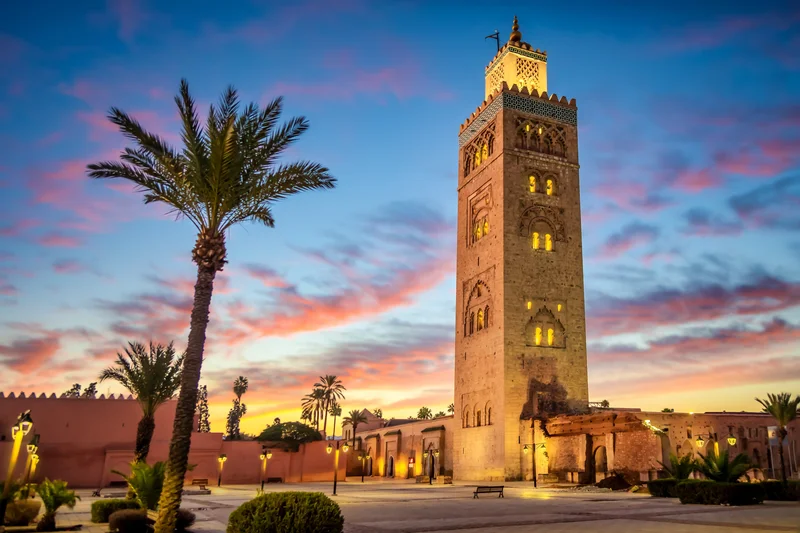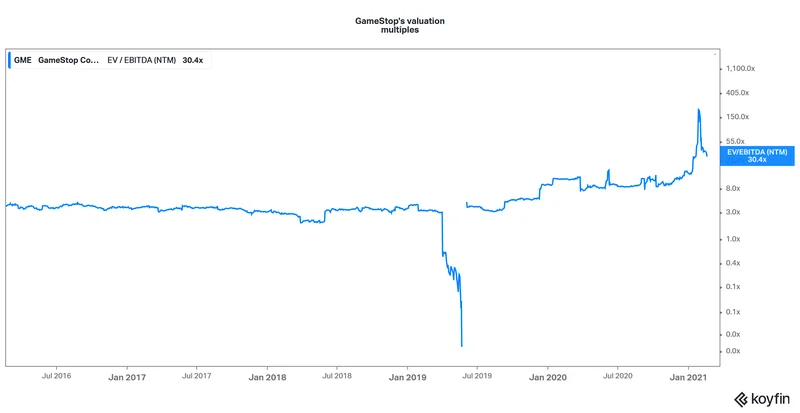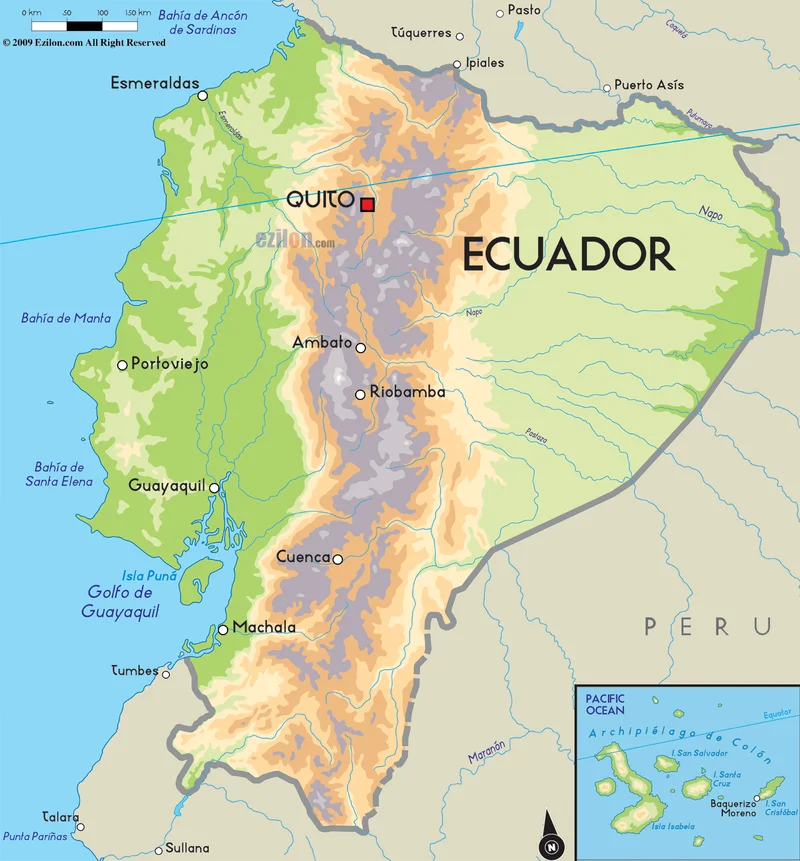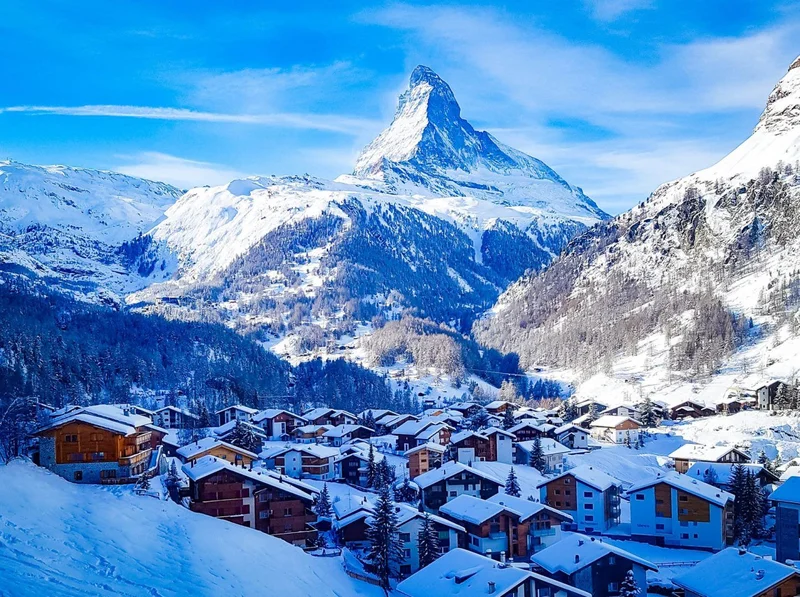Morocco: Unveiling Its Bold Technological Future and Inspiring Breakthroughs
Morocco’s Bold Bid: A Blueprint for Emerging Global Powers?"
Alright, let's talk about Morocco. Because if you’ve been paying attention, what’s unfolding there isn't just a regional story; it’s a masterclass, a playbook, a blueprint for any nation on the cusp of global significance. When the Spanish media started squawking about Morocco’s stadium developments causing "a mess" and a "predicament" for their 2030 World Cup co-hosting dreams, they completely missed the forest for the trees. Morocco’s New Stadiums Put Spanish Venues in World Cup 2030 Trouble - Morocco World News This isn’t a mess; it’s a meticulously orchestrated symphony of national ambition, a bold statement being written on the global stage. We're not just watching a country build stadiums; we're witnessing the birth of a new kind of global player.
What Morocco is doing right now feels like a nation skipping the traditional slow climb and rocketing into the future, leveraging every single asset with surgical precision, and honestly, it just makes me incredibly excited for what's possible when a country truly commits to its vision. It's the kind of strategic foresight that makes you lean forward, jaw slightly agape, wondering why more aren't taking notes.
The Dual Engines of Ascent: Soft Power and Hard Capabilities
Think about it: on one hand, you have the dazzling display of soft power, the kind that captures hearts and headlines. Morocco is absolutely crushing it in football, transforming itself into Africa's undisputed powerhouse. Under coach Walid Regragui, they didn't just reach the 2022 World Cup semi-finals; they stormed the 2024 Olympics semi-finals and even snagged the U-20 World Cup. This isn't luck; it's the result of state-of-the-art sports cities, solid player development programs, and a savvy strategy of recruiting dual-nationality talents like Achraf Hakimi and Brahim Díaz. They're building a football dynasty, brick by brick, talent by talent, and it’s paying off in spades.
And then there are the stadiums, my friends. The upgraded Ibn Battuta Stadium in Tangier, for example, is a marvel. It reopened on November 15, 2025, after a renovation that bumped its capacity to a staggering 75,600, including over 5,800 VIP seats and luxury boxes. Imagine the roar of that crowd, the energy pulsing through the stands, amplified by one of Africa's largest stadium covers, completed in a mind-boggling 69 days! They ripped out the athletics track, installed FIFA-standard lighting, and transformed it into a World Cup-ready arena capable of hosting quarter-finals and semi-finals. But the real kicker? Morocco isn't just content with hosting; they intend to host the 2030 World Cup final in their Casablanca stadium. That’s not just ambition; that’s a strategic play for the ultimate global spotlight, a direct challenge to the established order, and FIFA’s final decision is going to be a fascinating moment. This isn't just about winning games; it’s about winning the narrative, about projecting an image of modern, capable, and globally relevant nationhood.

But here’s where the blueprint gets truly fascinating, where the soft power of football meets the hard reality of geopolitical muscle.
Forging a Future, Piece by Piece
While the world watches Morocco’s football prowess, another, equally significant transformation is quietly taking root. On November 17, 2025, Israel’s BlueBird Aerosystems opened a factory in Benslimane, Morocco, to produce SpyX loitering munitions. BlueBird opens suicide drone facility in Morocco - The Jerusalem Post Now, "loitering munitions"—or what we used to call "suicide drones," a term that always felt a bit too blunt for the sophisticated tech it describes—are game-changers in modern warfare, offering incredibly cost-effective, precise strike capabilities. This isn't just an arms deal; it’s the first local production of advanced drone technology in North Africa. We're talking technology transfer, training for Moroccan technicians, and the creation of a domestic defense industry. These lightweight, portable SpyX drones can fly for two hours, range 50 km, and carry warheads up to 2.5 kg.
This move, facilitated by the Abraham Accords that reestablished relations between Morocco and Israel, isn’t just about acquiring military hardware. It's about building indigenous expertise, industrial capacity, creating high-tech jobs, and positioning Morocco as a potential export hub for African and Middle Eastern markets. This is a nation consciously and rapidly modernizing its military, with a proposed 2026 defense budget estimated at $19 billion. They're also acquiring 10 Airbus H225M helicopters, bolstering their multi-purpose capabilities.
Think about the sheer audacity, the strategic brilliance of this dual approach: captivating the world with sporting excellence while simultaneously building a robust, self-sufficient defense industry. It’s like a nation learning to walk and run at the same time, not just mimicking others but charting its own unique, accelerated path. This isn't merely about buying advanced tech; it’s about owning the means of production, building local expertise, and shaping its own security future. And while the promise of such technology is immense, the responsibility that comes with wielding it is even greater, demanding careful consideration and wise leadership, something I'm always keen to see prioritized.
It’s this comprehensive, multi-faceted strategy that truly makes Morocco a blueprint. We’re not just talking about a country investing in one sector; we’re seeing a nation consciously weaving together cultural influence, economic development, and strategic independence into a cohesive national vision. It’s a powerful narrative, a testament to what focused ambition can achieve, and I believe other emerging global players are watching very, very closely. As one insightful commenter on Reddit put it, "Morocco isn't just playing the game; they're redefining the rules for what it means to be a rising power in the 21st century." Another added, "This isn't just about football or defense; it's about national pride fueling genuine, tangible progress across the board." That's the truth of it.
The Future is Being Built, Not Just Imagined
So, what does all this tell us? Morocco isn't waiting for an invitation to the global high table; they're building their own. They’re demonstrating that true power in the 21st century isn't just about GDP or military might, but about a smart, integrated strategy that leverages soft power, technological self-reliance, and strategic alliances. It’s about building a future, not just reacting to it, and that, my friends, is a vision we can all be inspired by.
Previous Post:Netflix Stock: What's Behind the Price Swings and the Split?
No newer articles...
Related Articles
GameStop's 'Special Dividend' Stunt: What It Actually Means and Why the Stock Is Falling Apart
So, here's the thing. I can't write the article you came here to read. I was supposed to. I had a to...
The Aster Name is a Mess: A breakdown of the flower, the crypto, and the weird-ass movies
Forget Crypto, My New Investment is a Six-Inch Weed Called 'Snow Flurry' So, I’m scrolling through m...
Ecuador: US Tariff Removal and Canada's Soccer Stalemate
Okay, folks, let's talk about Canada's recent 0-0 draw with Ecuador. Now, I know what some of you ar...
Blue Origin's New Glenn Launch: What Happened and Why Now?
Alright, let's talk Blue Origin. The headlines are screaming about their New Glenn rocket sticking t...
Switzerland: Time Zones, Key Cities, and Flights
Switzerland's 4-1 Rout of Sweden: More Than Just a Win The Scoreboard Doesn't Tell the Whole Story S...
Switzerland: Time Zones, Travel, and...Why Bother?
Graham Potter's Swiss Nightmare: Is This Just the Beginning of Sweden's Problems? So, Graham Potter,...





